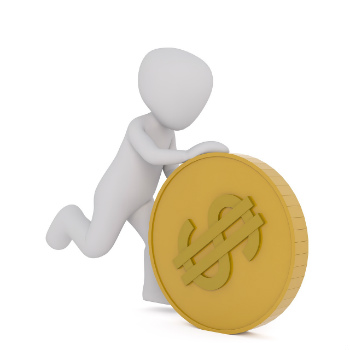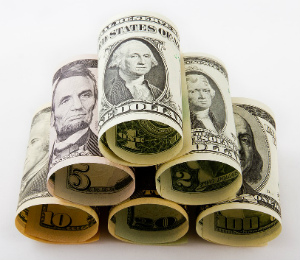Month: January 2018
Interesting features about personal finance
 Personal finance is an important aspect of a person’s life. It does not matter whether you are rich or poor. If you earn money through one way or another, then, you need to have a look at your expenditure, assets and savings and, some might intimate, try to avoid unsecured loans, secured loans or indeed, payday loans. Financial planning is a key aspect of personal finance. Right now, there are many economic problems in the world. Because of this, many people have lost their jobs, leaving them without any income for months. Among this category of people, some people still manage to meet their monthly expenditure by spending their hard-earned savings.
Personal finance is an important aspect of a person’s life. It does not matter whether you are rich or poor. If you earn money through one way or another, then, you need to have a look at your expenditure, assets and savings and, some might intimate, try to avoid unsecured loans, secured loans or indeed, payday loans. Financial planning is a key aspect of personal finance. Right now, there are many economic problems in the world. Because of this, many people have lost their jobs, leaving them without any income for months. Among this category of people, some people still manage to meet their monthly expenditure by spending their hard-earned savings.
Others have resorted to using their credit cards as a temporary measure while waiting for a job. Normally, it takes a period of six months to find another job after being laid off or quitting a job. Nevertheless, due to the current economic condition, finding a job is taking longer than expected.
In the case of those who are using their savings, they are able to do so due to proper personal financial planning. Many financial experts around the world advise income earners especially those with dependents to maintain an emergency fund. Such a fund should contain money for monthly expenditure of at least six months. So, if there is an emergency as in the case of being laid off, the fund can be utilized while waiting for a proper job. For those who use credit cards to meet their monthly expenditure, it is not a wise move. The interest charges for credit cards are classified as compound interest rates. So, you may end up paying a great deal of money purely for interest.
In short, financial planning is a key aspect of personal finance. If you have not set up an emergency fund for you and your family, it is high time that you consider doing so. In the event that you are laid off for any reason, you can use the money from the fund to meet the required monthly expenditure.…
Resolve your debt problems now
Regardless of your financial position, you must always have to contend with potential debt problems. Getting in debt is something that you cannot avoid. In fact, this has become second nature to a lot of people. Those splurges of the past years and the irresistibly low rates of interest have driven us to excesses in our credit load and over reliance on payday loans and other unsecured credit options. We spent on a lot of things like there is no more tomorrow and with total disregard on how we intend to settle our mounting debts.
 The boom in consumer spending may have been one of the best things that could have ever happened to USA economy. However, this wayward consumer spending could have actually reached its tipping point and we are now faced with the stark reality of tenuous financial position weighed down by an overblown debt to equity ratio of USA consumers. All of a sudden, consumer spending has been stopped by the proverbial brick wall.
The boom in consumer spending may have been one of the best things that could have ever happened to USA economy. However, this wayward consumer spending could have actually reached its tipping point and we are now faced with the stark reality of tenuous financial position weighed down by an overblown debt to equity ratio of USA consumers. All of a sudden, consumer spending has been stopped by the proverbial brick wall.
Majority of USA consumers will have to face the time of reckoning of all those reckless spending and poor management of personal finances. When you come to a point that you consider your credit card as a regular financial tool, you are in effect pulling yourself closer to your own financial sinkhole and all these excesses will have far-reaching implications.
It is now the time for you to face the music and deal with your debt problems before the situation gets worse. This means that you have to make a long term plan to pay off your debts when you still have a secured job. Establish your priorities and come up with a timetable of about 3 to 5 years to sort out financial obligations. Look for opportunities to settle short term loans and credit card dues. You must also explore the possibility of prepayments. Don’t wait for the time when your financial position becomes tight before you make your move. The best time to sort out your debt problems is when you have sufficient liquidity.
So, how do you start solving your debt problem?
You must begin solving your debt problem by taking a careful look at your spending behavior. Your debt reduction efforts will be rendered ineffectual if you don’t put a cap to your expenses. You will end up getting more loans than you can settle if you don’t properly manage your expenses. You start off by making a list of all your expenses. Keep track of your expenses and make sure that you know where your money goes each month.
Categorize the expense items and determine which ones you can do without. You will discover that there are actually a lot of things that you are spending on which are unnecessary. Once you get your priorities straighten out, you will be learn how to properly allocate your budget so that you are able to use your financial resources only on the most important items.
Dealing with your debt problems does not only involve paying off your loans to lessen your credit load. A critical aspect of your task will require a total management approach that will help you control your spending.…